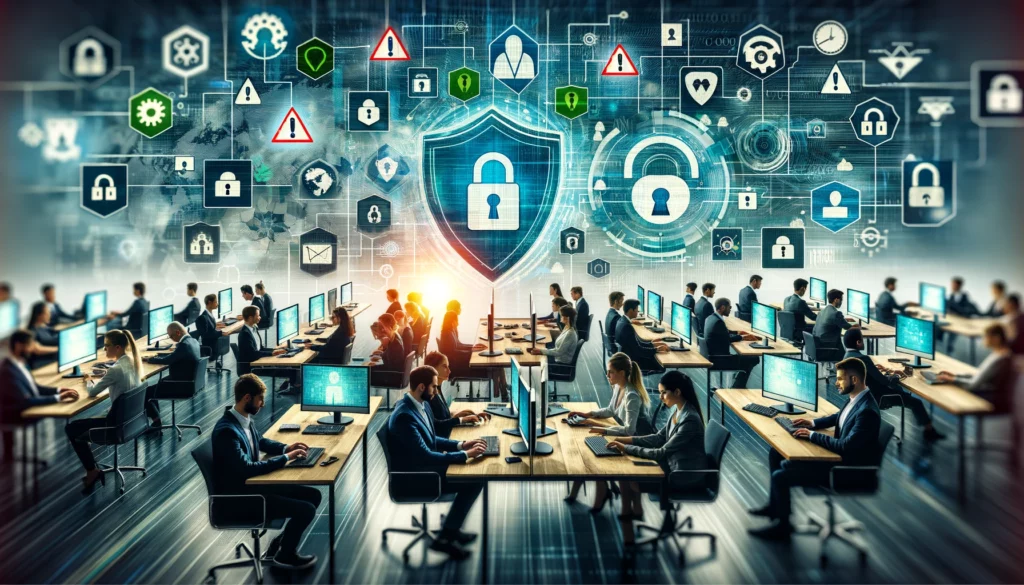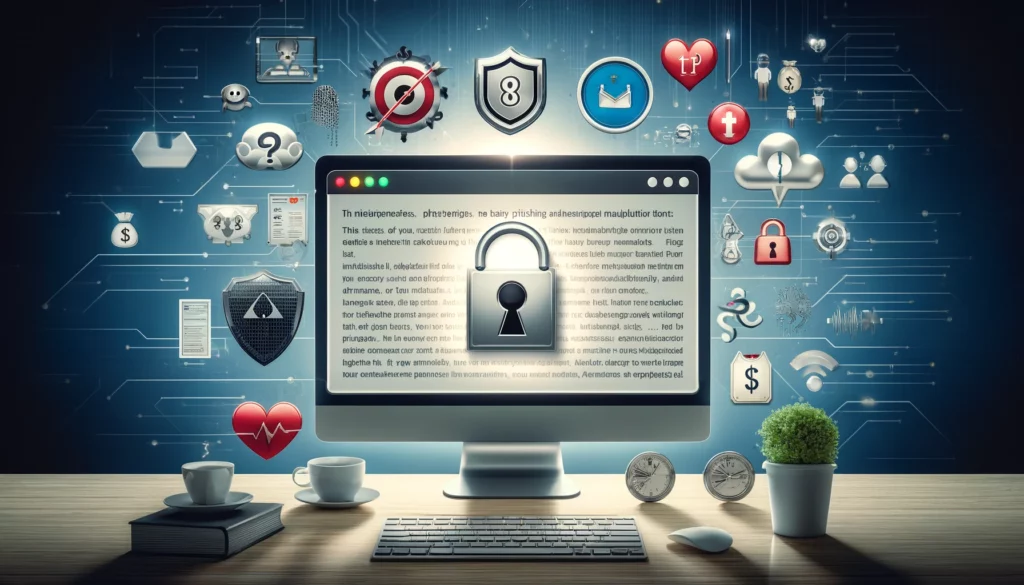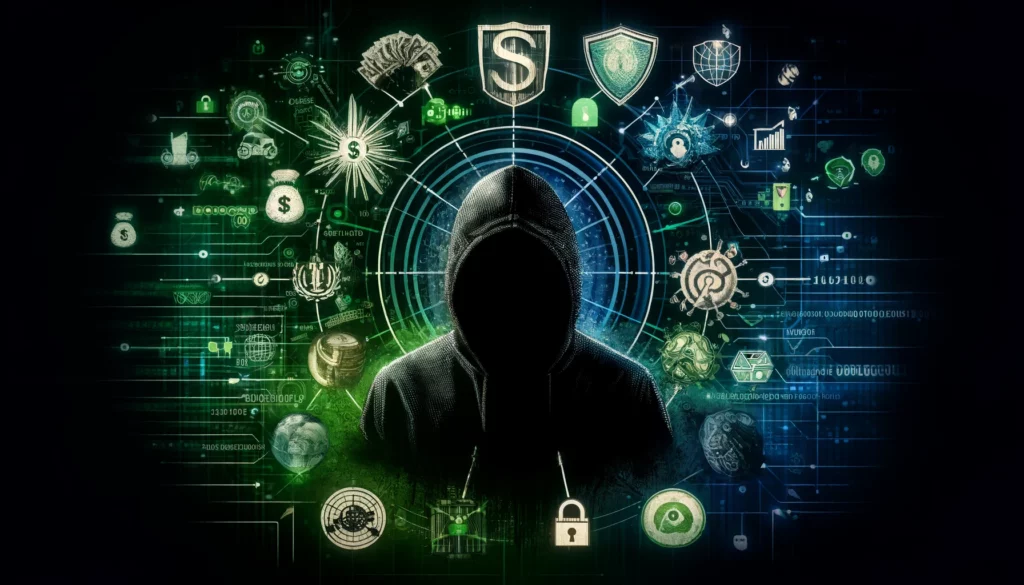Cybersecurity is often seen through the lens of technology, focusing on firewalls, encryption, and sophisticated software to protect against cyber threats. However, an equally critical aspect of cybersecurity lies in understanding human behavior. Human actions and decisions can significantly impact the effectiveness of security measures. This blog post explores the psychology of cybersecurity, examining how understanding human behavior can enhance security practices and mitigate risks.
The Human Element in Cybersecurity
Human behavior is a pivotal factor in cybersecurity, influencing how individuals interact with technology, follow security protocols, and respond to threats. Several psychological principles and biases affect how people perceive and react to cybersecurity risks:
- Cognitive Overload: The complexity and volume of information that individuals must process can lead to cognitive overload. When overwhelmed, people are more likely to make mistakes, overlook security measures, or take shortcuts that compromise security.
- Risk Perception: Individuals’ perception of risk can vary significantly. Some may underestimate the likelihood or impact of a cyber threat, leading to complacency. Others may overestimate risks, resulting in unnecessary anxiety and overreaction.
- Habit Formation: Security practices often require changes in behavior, such as creating strong passwords or regularly updating software. Habits are hard to change, and individuals may revert to insecure behaviors out of convenience or routine.
- Social Engineering: Cyber attackers exploit human psychology through social engineering tactics, manipulating individuals into divulging confidential information or performing actions that compromise security. Understanding these tactics can help individuals recognize and resist manipulation.
- Trust and Authority: People tend to trust authority figures and established institutions. Cybercriminals often exploit this trust by impersonating trusted entities in phishing attacks or other scams.
Psychological Principles in Cybersecurity Practices
To enhance cybersecurity practices, organizations can leverage psychological principles to influence behavior and promote secure actions:
- Behavioral Economics: Applying principles from behavioral economics, such as nudging, can encourage secure behavior. For example, default settings for security features can nudge users toward safer practices without requiring active decision-making.
- Positive Reinforcement: Reinforcing positive behavior through rewards and recognition can encourage adherence to security protocols. Acknowledging employees who follow best practices can create a culture of security awareness.
- Simplification: Simplifying security processes reduces cognitive load and increases compliance. Clear, straightforward instructions and user-friendly interfaces can help individuals follow security protocols more effectively.
- Training and Awareness: Regular training and awareness programs can educate individuals about cyber threats and safe practices. Using real-world examples and interactive scenarios can make training more engaging and memorable.
- Habit Formation: Encouraging the formation of secure habits through repetition and consistency can lead to long-term behavior change. For example, regular reminders to update passwords or software can help establish these practices as routine.
Addressing Cognitive Biases
Cognitive biases can undermine cybersecurity efforts. By understanding and addressing these biases, organizations can improve their security posture:
- Confirmation Bias: This bias leads individuals to seek information that confirms their existing beliefs. To counteract it, encourage critical thinking and provide diverse perspectives in security training and communications.
- Anchoring Bias: People tend to rely heavily on the first piece of information they receive. Provide comprehensive information and multiple data points to help individuals make informed decisions.
- Overconfidence Bias: Overconfidence can lead to underestimating risks. Encourage humility and continuous learning, emphasizing that cybersecurity is an ongoing process that requires vigilance and adaptation.
- Availability Heuristic: People judge the likelihood of events based on how easily they can recall examples. Highlight a range of threats, not just recent or high-profile incidents, to provide a balanced understanding of risks.
Building a Security-Conscious Culture
Creating a security-conscious culture involves integrating psychological insights into organizational practices and policies:
- Leadership Commitment: Leaders should demonstrate a commitment to cybersecurity, setting an example for the entire organization. Visible support from leadership reinforces the importance of security practices.
- Open Communication: Foster an environment where employees feel comfortable reporting security concerns and incidents. Open communication channels can help identify and address vulnerabilities promptly.
- Continuous Improvement: Regularly assess and update security policies and practices. Encourage feedback from employees to identify areas for improvement and adapt to evolving threats.
- Empathy and Support: Recognize that individuals may feel overwhelmed by cybersecurity requirements. Offer support, resources, and empathy to help them navigate these challenges effectively.
Conclusion
The psychology of cybersecurity is a critical aspect of protecting against cyber threats. By understanding human behavior and cognitive biases, organizations can design security practices that encourage secure actions and reduce risks. Leveraging psychological principles, addressing cognitive biases, and fostering a security-conscious culture can enhance the effectiveness of cybersecurity measures and build a resilient defense against cyber threats. Recognizing the human element in cybersecurity is essential for creating a comprehensive and adaptive security strategy.

Penetra Cybersecurity is at the forefront of defending the digital frontier, providing cutting-edge solutions to protect businesses and organizations from the ever-evolving threats of the cyber world. Established with a mission to create a safer internet for everyone, Penetra leverages a blend of advanced technology, expert knowledge, and proactive strategies to stay ahead of cybercriminals.
Ready to take the next step towards a more secure future? Schedule a consultation with us today and discover how we can help protect what matters most to you. Don’t wait until it’s too late—with Penetra Cybersecurity, your business isn’t just secure; it’s imPenetrable.




